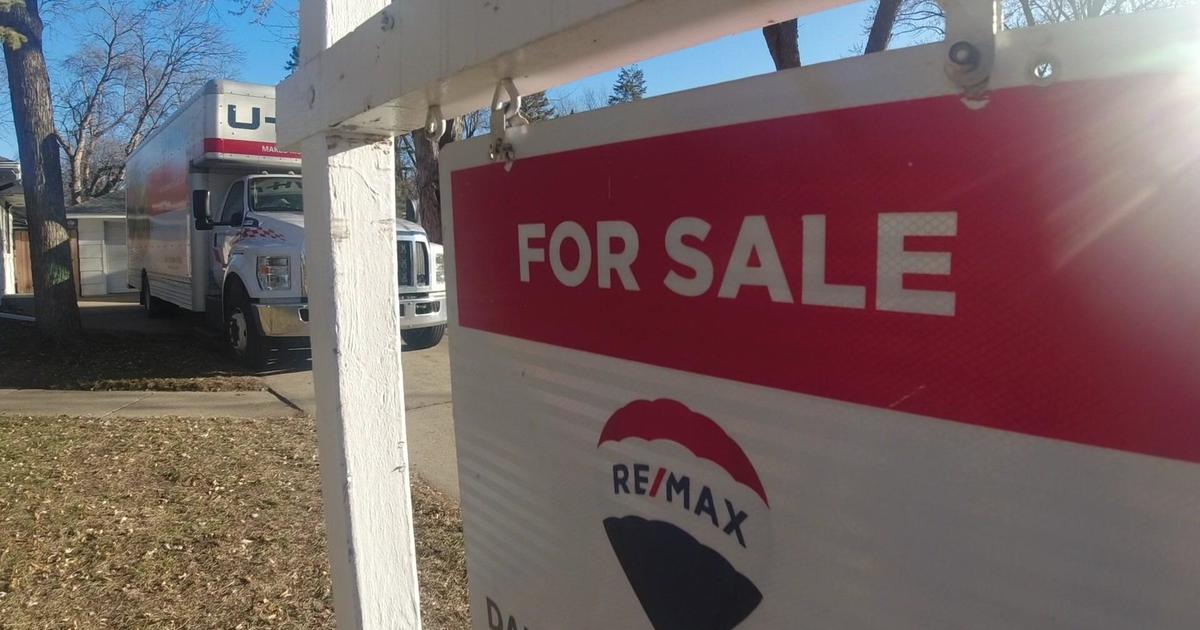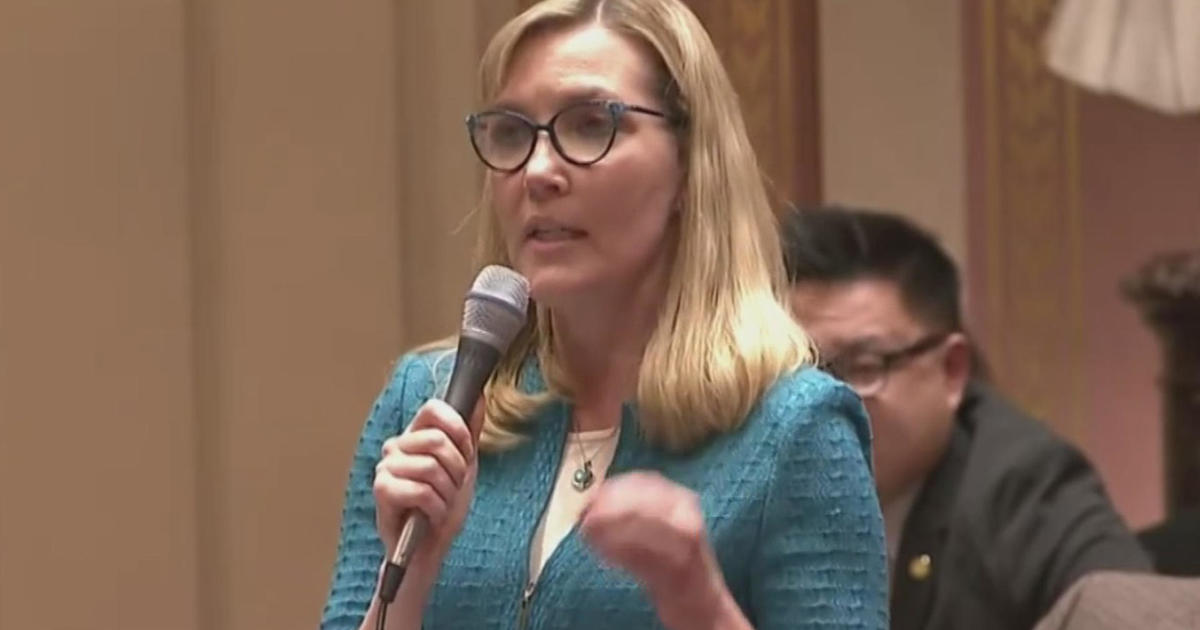U.S. Rep. Jill Tokuda, who represents Maui, says warning sirens "likely did not go off" ahead of wildfires
Rep. Jill Tokuda of Hawaii said Sunday that the state's warning sirens "likely did not go off" in Maui as the fast-moving fire approached the historic town of Lahaina, where crews are still searching for many who remain missing and the death toll has climbed to 93.
"Everybody who has ever lived in Hawaii knows the warning sirens. It goes off once a month, every month, at 12 noon and it blares. And if it doesn't, it gets fixed because that is our first line of defense," Tokuda said during an appearance on "Face the Nation" Sunday.
"Sadly, tragically, in this situation those sirens likely did not go off," said the congresswoman, whose district includes Maui. She also suggested that warning signals typically sent to mobile phones could have been affected by mass power outages reported on Maui when the wildfires broke out. Those outages likely prevented people from accessing useful information about the nature of the warning and guidance on how they should proceed, Tokuda added.
"The reality is, with those warning signs, it tells all of us to turn on the television or look on our phones or turn on the radio," she said. "With how fast this burn was ... if you turned on your phone, if you turned on a radio, if you even could ... you would not know what the crisis was. You might think it's a tsunami, by the way, which is our first instinct. You would run towards land, which in this case would be towards fire."
Hawaii's statewide outdoor warning siren system can be used to notify residents of the island chain ahead of natural disasters or human-caused events, including tsunamis, hurricanes, dam breaches, flooding, wildfires, volcanic eruptions, terrorist threats and hazardous material incidents, according to the Hawaii Emergency Management Agency. The agency notes on its website that the sirens are battery-powered and use solar charging, and the range of each blare "may vary due to environmental and surrounding physical conditions."
Officials have so far confirmed 93 deaths linked to the wildfires that damaged or destroyed about 2,200 structures, many of which were homes, melted cars and charred the land across various parts of Maui, with the historic town of Lahaina almost completely decimated. The wildfires are now the deadliest natural disaster in Hawaii since it became a state in 1959.
With people still unaccounted for, search and rescue teams with cadaver dogs arrived on the island from California and Washington to probe the area. But Maui County Police Chief John Pelletier shared at a news briefing on Saturday afternoon that those teams had only searched about 3% of the disaster zone.
FEMA administrator on "challenging" rescue efforts
Deanne Criswell, the administrator of the Federal Emergency Management Agency, recalled "apocalyptic" scenes from the wildfires, which forced some people on Maui to jump into Lahaina Harbor for refuge as they sought to escape encroaching flames. She said search and rescue teams face a challenging and potentially dangerous environment left behind by the blazes in a separate interview with "Face the Nation" that aired on Sunday.
"They use the dogs and they have the teams that go in there, but it's hot, the ground still has hot spots, the dogs can only work so long before they need a break," Criswell explained, adding that the 3% covers a portion of "the grids that they have mapped out, and now they will just methodically continue to go through that."
"But I think one of the challenging things is, many of the areas that they're in, searching, there's structures that are partially standing, and so the engineers are embedded with them to evaluate the stability of that structure," she said.
Tokuda says Maui fires are a "national crisis"
The University of Hawaii's Pacific Disaster Center and the Federal Emergency Management Agency estimated on Friday that the cost to rebuild in the wake of the destruction on Maui would be more than $5 billion. Because the federal agency projected earlier this summer that its disaster relief fund would run a deficit by September, President Biden asked Congress last week to replenish the fund with $12 billion.
Tokuda urged her colleagues in Washington to take action.
"This is a national crisis. This is a national problem," she said Sunday. "I can't tell you how many individuals we've talked to, how many individuals we've met, they're not from Hawaii but they have been severely impacted. We know at the end of the day loss of life will take place not just for Hawaii residents but for individuals from across the country that were in this area. This is a national disaster we are facing."




